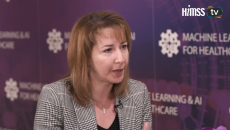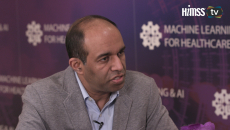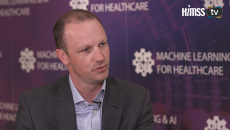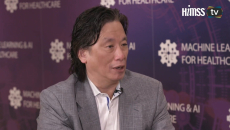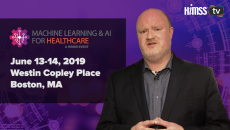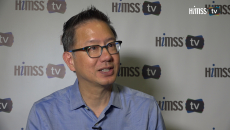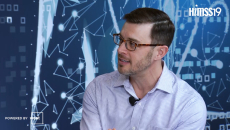machine learning
Advocate Aurora Health Chief Health Information Officer Tina Esposito explains how her organization is using predictive analytics to identify high-risk patients.
Start with engaging the clinicians and have a team to standardize care to reduce variation for measurable changes, says Srinivasan Suresh, MD, VP at UPMC Children's Hospital of Pittsburgh.
Michael Schwarz, executive director of IS at Indiana University Health System, says you don’t just jump into advanced analytics and machine learning. There’s a natural process.
One misconception is that machine intelligence will replace human clinicians; AI and ML, in fact, will actually make the field a more attractive career choice for physicians and radiologists, says CHOC Children's CIO Anthony Chang, MD.
The Boston Machine Learning & AI for Healthcare event focuses on helping healthcare organizations harness the power of AI and machine learning.
Also: Clarigent Health, Children's Home of Cincinnati launch app pilot; Demo version of ambulatory care app released for free.
Ian Z. Chuang, chief medical officer at Elsevier, says in a traditional model, research to bedside takes an average of 17 years. With machine learning and other new technologies, there needs to be a shorter timeline.
Dr. Chris DeRienzo, chief quality officer at Mission Health, discusses the intersection of AI, tech and humanity in healthcare and how machine learning tools are bringing about fundamental improvement in population health.
Medial Earlysign is helping hospitals turn data into action for particular high-need use cases, says CEO Ori Geva.
The pharma company will gain access to Concerto Health's eurekaHealth, an AI and machine learning platform.
